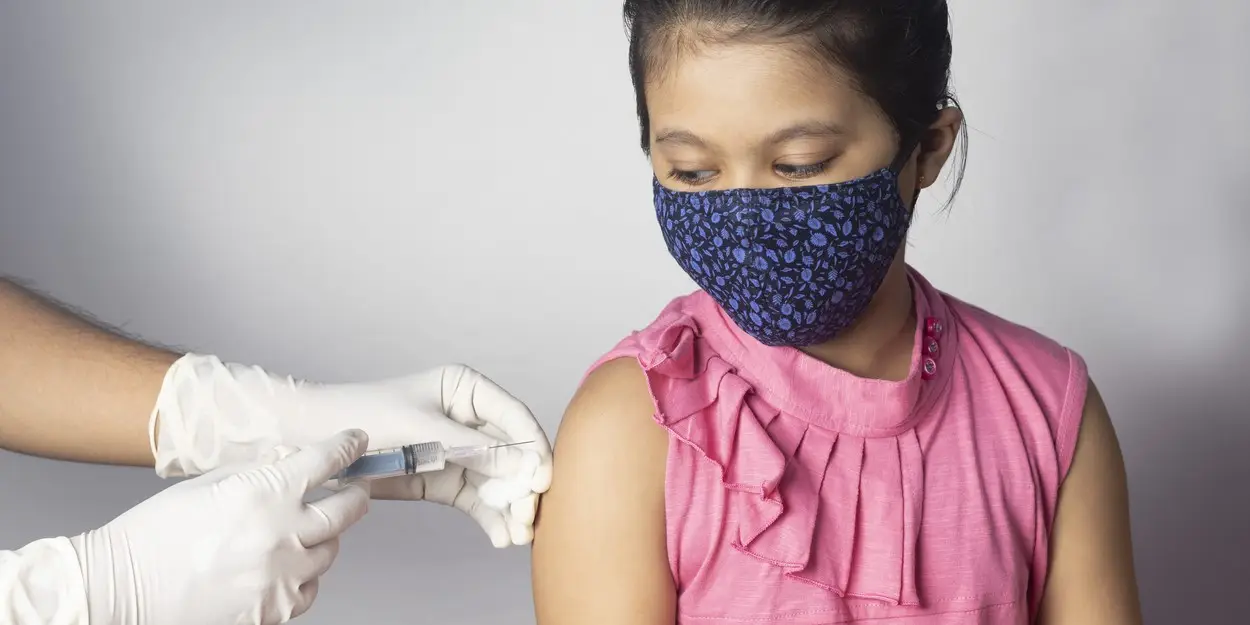Human papillomavirus (HPV) vaccines are vaccines that prevent infection by certain types of human papillomavirus (HPV). Available HPV vaccines protect against either four, or nine types of HPV. All HPV vaccines protect against at least HPV types 16 and 18, which cause the greatest risk of cervical cancer.

Human papillomavirus (HPV) is the name of a group of 200 known viruses. HPV is a common sexually transmitted infection. Almost all sexually active people will be infected at some point in their lives, usually without symptoms.
HPV can affect the skin, genital area and throat.
The cervical cancer vaccines are 85-90% protective in young females against cervical cancer. They are 95-100% protective against genital warts and other pre cancer lesions of the cervix.
There are some factors that exclude people from receiving HPV vaccines. These factors include:
People with history of immediate hypersensitivity to vaccine components. Patients with a hypersensitivity to yeast should not receive Gardasil since yeast is used in its production.
People with moderate or severe acute illnesses. This does not completely exclude patients from vaccination, but postpones the time of vaccination until the illness has improved
Data on vaccination during pregnancy is very limited and vaccination during the pregnancy term should be delayed until more information is available.
Yes, even after getting vaccinated women must undergo regular Pap test screening from the age of 25 upto the age of 65 years. The vaccine provides protection only against the common strains of HPV. Hence, regular screening is of utmost importance.
85-90% cases of cervical cancer are caused by Human Papillomavirus (HPV), mainly 16 and 18 HPV strains.
HPV screening can be done by 2 methods :
1) Pap test (pap smear)
2) HPV DNA test
Everyone with a cervix should go for cervical screening.The cervix is the opening to the womb from your vagina.
It's not a test for cancer, it's a test to help prevent cancer.
It is a screening tool for cervical cancer. It checks for abnormal cells (may be pre-cancerous orcancerous) from the cervix. It is an OPD procedure.
It is a laboratory test where the cells scraped from the cervix are tested for DNA of HPV.
It is reported in positive or negative which means the presence or absence of HPV respectively.
When genotyping is done, the specific strain of HPV can be identified too.
According to the guidelines, all women from the age of 25 years (once sexually active) should be screened once every 3 years with a pap test alone and once every 5 years if co testing is done (pap test with HPV DNA testing) upto the age of 65 years.
Screening can be stopped at the age of 65 yearsif last 3 Pap smear reports are normal.
Yes, women who have been vaccinated should also undergo regular cervical cancer screening.